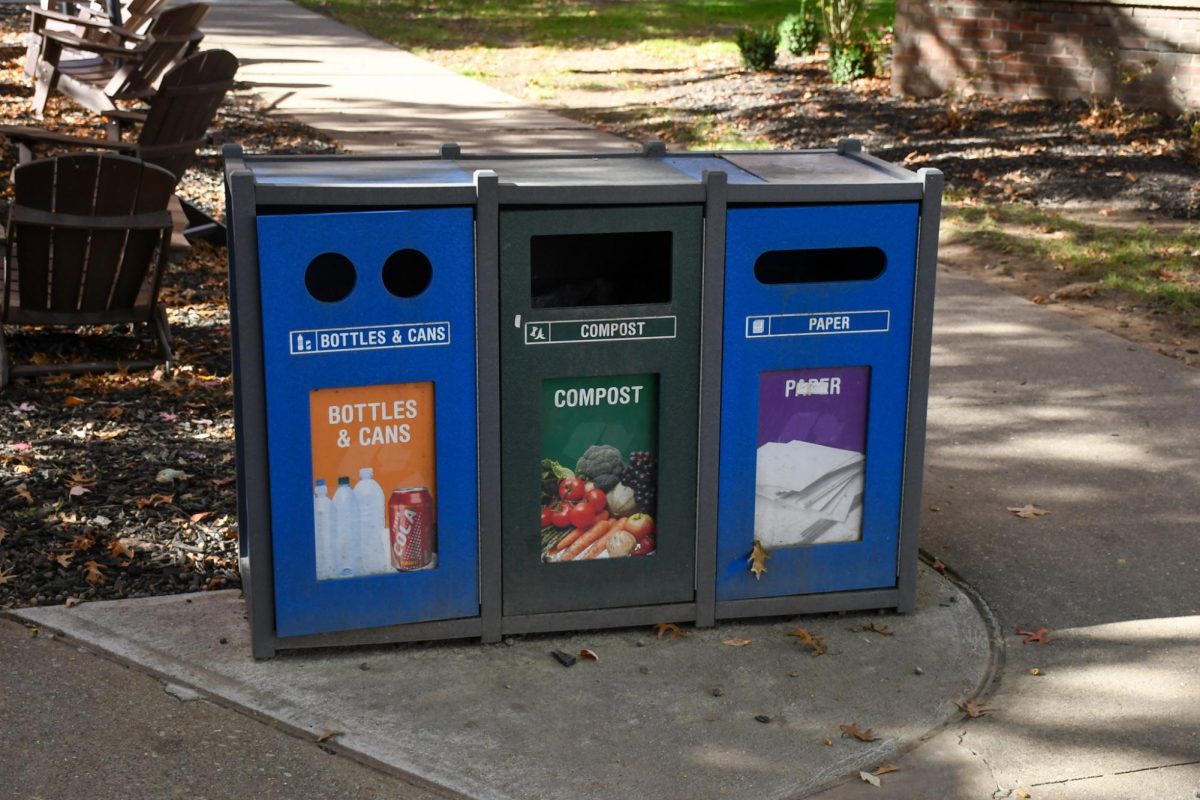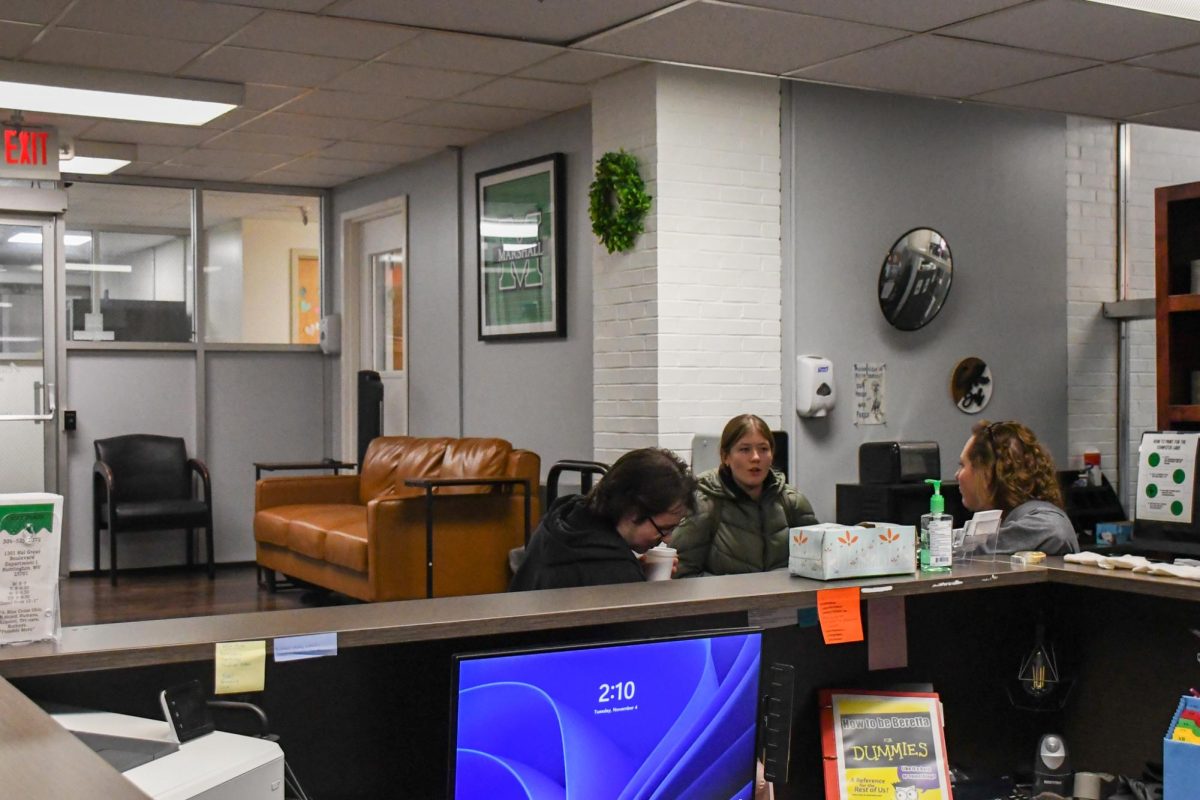The 2025 West Virginia Legislative Session wrapped up, passing 249 of 2,460 bills, with a focus on DEI and education amidst budget cuts and party tensions.
The 2025 Legislative Session, which ran from Feb. 12 to April 12, saw lawmakers tackle a range of issues, including significant shifts in social policy, educational reforms and public welfare. Lawmakers passed 249 bills out of the 2,460 introduced and reflected a strong Republican-led push for conservative values.
The legislative process for each bill follows a set path: introduction, committee review, floor debate and vote, then consideration in the second chamber. If both chambers pass the same version of a bill, it proceeds to the governor for approval. Gov. Patrick Morrisey has 15 days after the session adjourns to sign or veto legislation.
The West Virginia Legislature passed several high-profile bills addressing DEI initiatives, with a focus on restricting programs related to gender identity.
Senate Bill 456 redefines gender in state law, limiting definitions of male and female based on biological sex. It also restricts access to certain facilities, such as restrooms, to those identified as male or female at birth.
In addition, Senate Bill 474 codifies Morrisey’s executive order banning DEI programs in government and schools. The law prohibits hiring preferences based on race, ethnicity and sex and will restrict teaching concepts on gender identity and race theory. It also prevents schools and state agencies from requiring employees to use pronouns that do not align with an individual’s biological sex.
Senate Bill 154 requires public schools to notify parents if their child will receive instruction on sexual orientation or gender identity and allows parents to exempt their child. It also mandates schools to report any requests for gender identity accommodations to both an administrator and the child’s parents.
Senate Bill 299 bans gender-affirming care for minors, removing previous exceptions for hormone therapy under certain conditions, building on a 2023 law that banned most gender-affirming treatments for minors, including hormone therapy and surgeries. Senate Bill 299 seeks to eliminate the limited exceptions previously allowed for minors diagnosed with severe gender dysphoria. Under the new bill, healthcare providers would be prohibited from prescribing puberty blockers or hormone therapy to minors, with very few exceptions for specific medical conditions.
These bills reflect a broader national trend where conservative lawmakers are limiting DEI programs and reshaping policies on gender identity.
West Virginia lawmakers also pushed forward several education-related bills pertaining to curriculum reform and classroom management.
House Bill 2003, now signed into law, limits the use of personal electronic devices during instructional time in public schools. County boards must adopt policies by the 2025–2026 school year, requiring students to store phones and tablets during class. Exceptions are allowed for medical needs with documentation or if specified in a student’s IEP or 504 plan.
Senate Bill 199 gives teachers the authority to remove students who are violent or disruptive from the classroom. Now signed into law, the measure is intended to support classroom safety and give teachers more control in handling behavioral issues.
Lawmakers also expanded their role in education policy with House Bill 2755. The bill gives the legislature power to review and reject rules created by the West Virginia Board of Education. Under the new law, the board must submit proposed policies to the Legislative Oversight Commission on Education Accountability.
The legislative session saw several bills focused on voting laws and elections. One being House Bill 3016, which will require voters to show photo ID, with supporters saying this will help prevent voter fraud, but critics argue it could make it harder for some people to vote, especially those who don’t have an ID.
Senate Bill 50 was also signed into law, requiring cities to hold elections on the same date as state elections.
However, not all proposed changes passed. House Bill 2117, which would have set deadlines for absentee ballots and banned unsolicited absentee ballot applications, passed in the House but didn’t make it through the Senate. Another bill, House Bill 2719, would have allowed companies to donate directly to political campaigns, but it failed to get approval in committee.
In addition to voting reforms, the West Virginia legislature aligned with the national “Make America Healthy Again” campaign, passing healthcare regulations. House Bill 2354 directly targets artificial food dyes, prohibiting food items with them as an ingredient from being sold in the state.
Senate Bill 458, signed into law, will allow out-of-state licensed professionals to practice in West Virginia without further certification.
Senate Bill 453 also passed during the session, targeting pharmaceutical transparency and limiting cost of medication.
Among those that failed to pass were efforts to remove rape/incest from the abortion ban; House Bill 2712 died in House Health Committee.
Other introduced bills that were not signed into law included House Bill 2007, which would have repealed the Certificate of Need requirement for healthcare facilities, and House Bill 3518, which would have cut Medicaid expansion if federal aid declined.
Also on the chopping block was an effort to allow religious exemptions for school vaccine requirements, Senate Bill 460, which passed in the Senate before dying in the House.
In regard to public welfare policies, West Virginia lawmakers introduced several measures aimed at enhancing safety.
Among the bills signed into law were House Bill 2880, serving as an omnibus measure designed to improve the state’s foster care system, and House Bill 2634, doubling penalties for third-degree sexual assault and sexual abuse of a child while increasing penalties for those in positions of trust who fail to report abuse.
Additionally, Senate Bill 8 expands the list of safe surrender sites for newborns, including emergency medical service facilities, police departments and sheriff’s departments.
Senate Bill 138 was signed into law and will impose further penalties for fleeing an officer, including stricter consequences for repeat offenders and those involved in DUI incidents.
Several other measures were introduced but failed to pass, including House Bill 2350, which would have prohibited SNAP recipients from purchasing soft drinks and candy, and House Bill 2382, which sought to create a camping ban targeting unhoused people. Another bill, Senate Bill 249, aimed to increase SNAP work requirements from 20 to 30 hours per week but did not make it through the legislative process.
Bethany Jarrell can be contacted at jarrell177@marshall.edu.




















